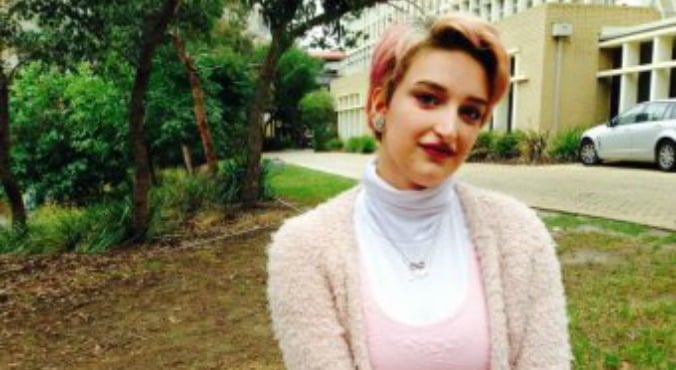
Image: ABC.
By Kristian Silva and Norman Hermant
Negative and damaging responses from front-line medical staff are a major reason why Australian youth self-harm rates are at “unacceptable” levels, researchers say.
The report quotes figures from previous research, which said one in 10 Australian adolescents had engaged in self-harming behaviour.
Other research mentioned in the report said one in five females aged between 16 and 17 had self-harmed.
“Often negative or trivialising responses come from the professionals in front-line services from whom young people, in their most vulnerable moments, are seeking compassionate and helpful responses,” the report said.
Dr Jo Robinson, the paper’s lead author, said some young people felt reluctant to seek follow-up treatment due to dismissiveness, trivialisation and scepticism from emergency staff.
“Young people told us some terrible stories about being stapled without anaesthetic by medical staff. That wouldn’t be acceptable in any other form of medicine so why is it seen to be ok here?” she said.
According to the paper, one respondent claimed a doctor asked if they had self-harmed to receive sympathy, while another said they helped patch up friends’ wounds because the injured parties did not want professional medical help.
Nicole Juniper, a 19-year-old university student from Melbourne, started self-harming when she was 14.
“It was mostly depression, anxiety, and pent up feelings that I didn’t know how to release, which just led to me doing stupid things like self-harm,” she said.
“Mostly cutting, sometimes burning but not too much, and things like scratching. I would occasionally punch my knees, so they would bruise.”
Ms Juniper said her experiences over years in hospitals and with doctors had not been not good.
